Search the blog data base by keyword or topic:
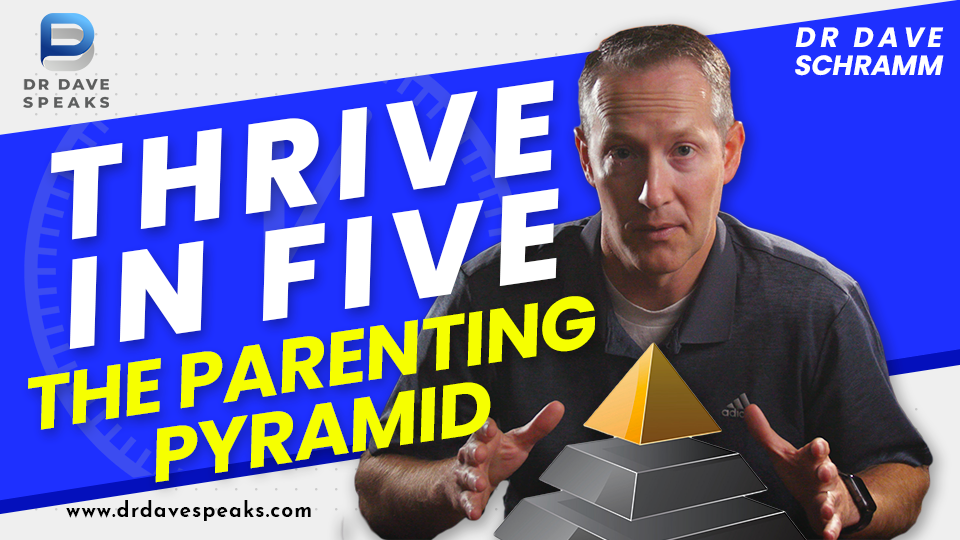
Using the Parenting Pyramid: Build Connection Before Teaching & Correction
Rather than defaulting to discipline, the Parenting Pyramid encourages us to ask: 'How can I help things go right?' Dr. Dave Schramm explains how effective parenting builds from the bottom up—starting with personal well-being, through couple and parent–child connection, then teaching, and finally correction. When our relationships and teaching are strong, correction becomes a natural extension, not the centerpiece.

How to Talk to Teens About Suicide & Mental Health: 4 Actions Educators Can Take
Suicide touches us all—and those in schools can be the first to notice. Dr. Dave Schramm outlines four vital steps: ask directly about suicide, recognize warning signs like sudden emotional shifts, share accessible resources for support, and remember that even one caring conversation can save a life. Educators truly can make a difference.

Potty Training Tips for Kids Ages 2–6: Gentle, Effective Strategies for Parents
Potty training is a major milestone—and it doesn’t have to be stressful. In this post, Dr. Dave Schramm offers gentle, practical tips for kids ages 2–6: look for readiness signs, establish a positive potty routine, use encouraging language, and celebrate small wins. With empathy and consistency, you can guide your child toward independence and make the journey smoother for both of you.

Mirroring Children’s Emotions: How Emotional Reflection Builds Connection and Calm
When your child is overwhelmed by emotions, logic won’t help. In this post, Dr. Dave Schramm explains how ‘holding up an emotional mirror’—reflecting back what your child is feeling—validates their experience and soothes their nervous system. Backed by expert insights from Gottman and others, he shows how empathy and emotional labeling become the foundation for connection, calm, and emotional intelligence.

Surviving the ‘My Way’ Phase: Nurturing Independence in Kids Ages 2–6
Around age two, toddlers begin asserting autonomy with phrases like ‘I can do it myself!’ While this growing independence can feel exhausting for parents, it’s a sign of healthy development. Dr. Dave Schramm offers practical tips to support your child’s self-expression while maintaining connection—making this bold, boundary-testing phase a chance to strengthen trust and confidence.
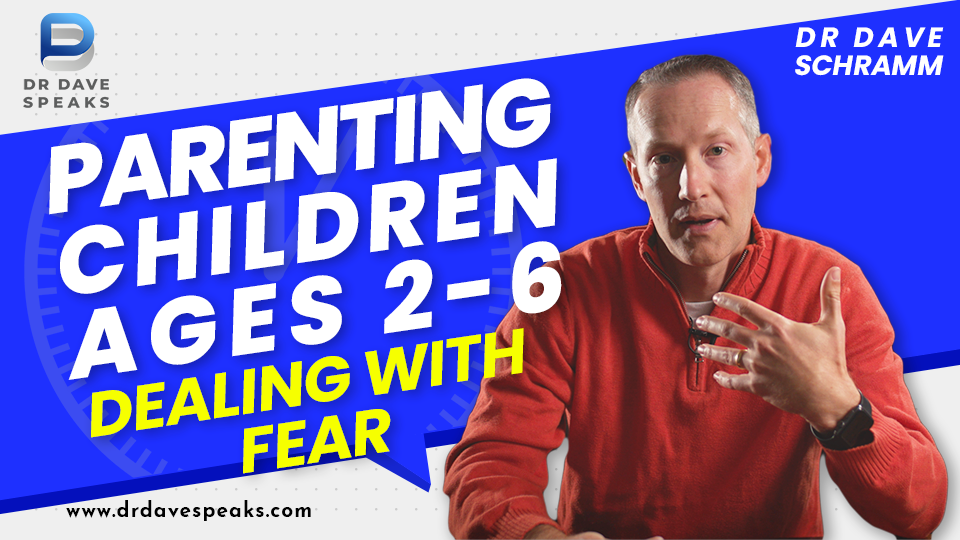
Helping Children Ages 2–6 Overcome Fear: Empathy-Driven Strategies That Work
All children experience fear—and it's completely normal. In this post, Dr. Dave Schramm provides compassionate, age-appropriate guidance: see the world through your child’s eyes, listen without judgment, help them feel safe, and offer creative coping tools like a gentle “monster spray” or playful visualization. These nurturing responses help children manage their emotions and build confidence.
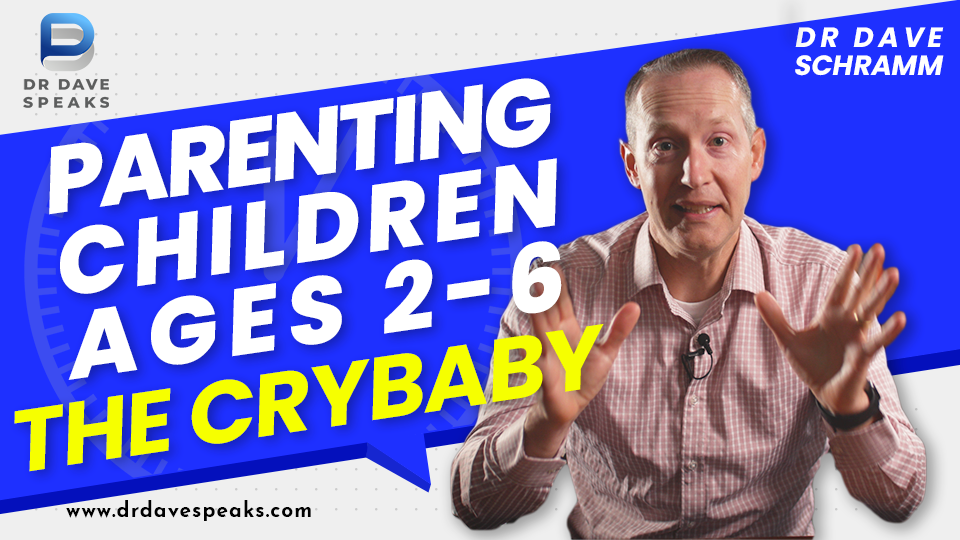
Parenting the Crying Toddler: Calm Strategies for Ages 2–6
Babies crying a lot can feel overwhelming—but it's totally normal. In this post, Dr. Dave Schramm reassures parents that crying is your child's way of asking for help, not a sign of failure. He shares practical, compassionate tips—from comforting techniques to simple troubleshooting—that nurture secure attachment and calm the chaos in early parenting.

Adopt a Positive Mindset: Simple, Science-Backed Strategies for Thriving Relationships & Success
Feeling positive can make your brain up to 31% more productive. In this post, Dr. Dave Schramm reveals science-backed tips to build an upward spiral of positivity—broadening your perspective, boosting resilience, and strengthening your connections. Learn how noticing and nurturing everyday joy can transform the way you think, relate, and thrive.
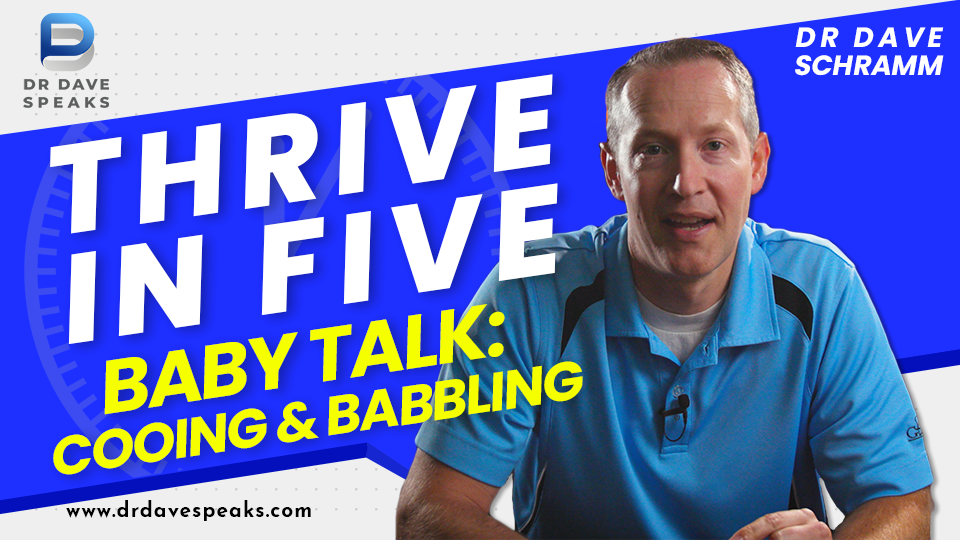
Helping Babies Learn to Talk: 5 Key Ways to Support Cooing & Babbling | Part 1
Babies aren’t just making cute noises—they’re actively trying to talk. Dr. Dave shares five simple yet powerful ways to support your baby’s early communication—like making eye contact, turning distractions down, and engaging in gentle back-and-forth cooing. These little interactions send rich signals in your child’s developing brain and lay the foundation for lifelong connection and language development.
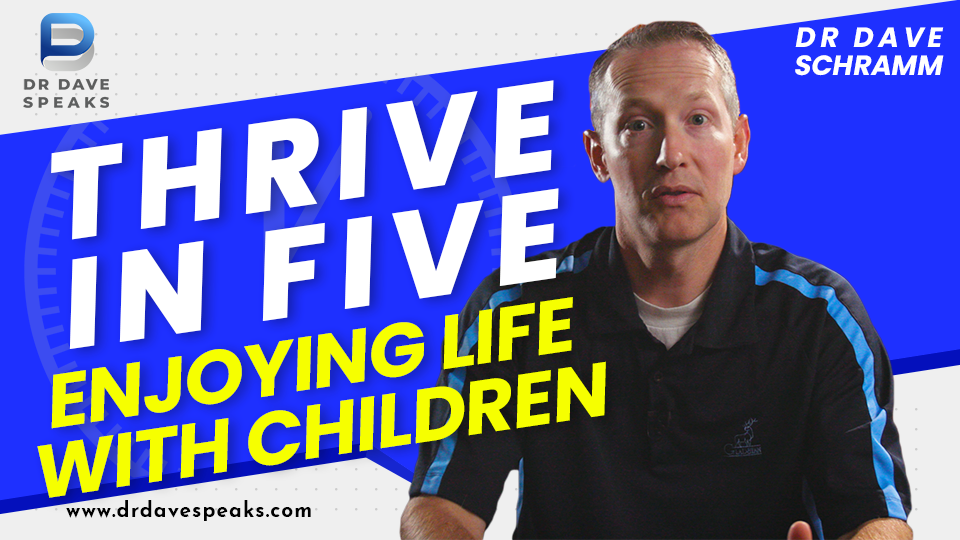
Enjoying Life with Young Children: 3 Simple Tips to Connect & Thrive
In this uplifting post, Dr. Dave Schramm reminds parents that time truly is love—especially with young children. He outlines three practical tips to help young families thrive: organize your life around your child, learn together, and celebrate each small step. With a reminder to unplug and engage fully, this post invites parents to cherish the everyday joys that shape childhood

Parenting Children Ages 2 - 6: Introduction
In this insightful introduction to the "Parenting Children Ages 2–6" series, Dr. Dave Schramm emphasizes the importance of viewing the world from your child's perspective. Drawing inspiration from Dr. Wally Goddard's "See the World Through My Eyes" resources, this post offers practical tips to navigate the unique challenges of parenting toddlers and preschoolers, fostering patience and deeper connection.

Expert Parenting Advice: Proven Tips from 400+ Parents and Empty Nesters
Parenting can be challenging, especially without formal training. In this post, Dr. Dave shares tips, advice, and proven techniques gathered from over 400 experienced parents and empty nesters to help you navigate parenting with confidence, strengthen your family relationships, and create a more joyful home.
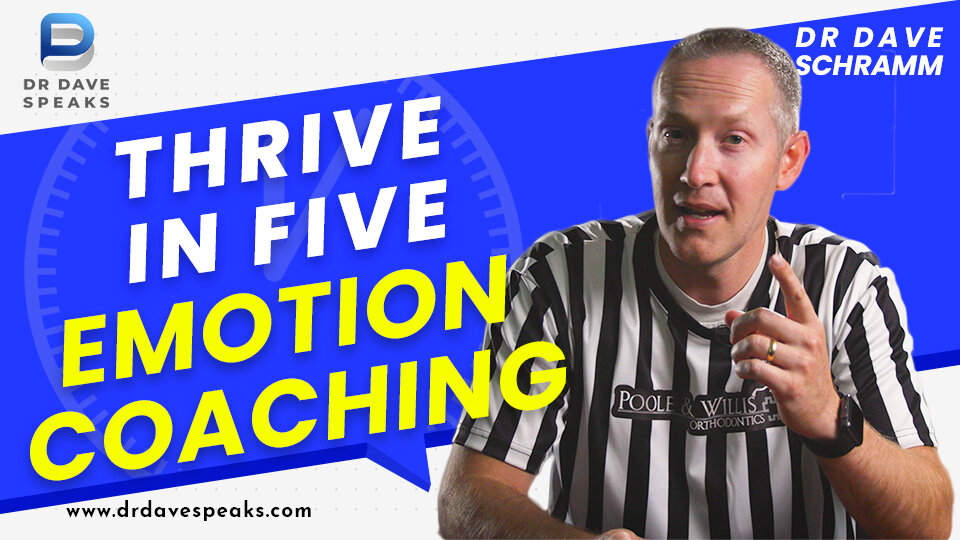
5 Steps To Improve Emotion Coaching Your Kids
Emotional Intelligence is a key factor to scholastic success. If you feel like you are playing referee while your kids argue, complain, and yell at each other, I have some quick and simple tips to share with you that will have your kids more focused and attuned to their feelings while you relax.

Three Essential Needs
Dr. Dave Schramm explores the three essential needs we all share: Safety, Satisfaction, and Connection. In this post, you’ll discover practical, quick strategies to strengthen these core needs, boosting your mental and emotional well-being while improving your relationships and professional life. Learn how focusing on these key areas can create lasting balance, joy, and connection at home and at work.

Dealing With Digital Distractions
Today, Dr. Dave shares eye-opening data and practical insights into the growing problem of digital distractions also known as “technoference”—how our devices can quietly sabotage real connection. Based on a study of 632 parents, he reveals that 88% believe technology disrupts relationships, with 70% noting interruptions to family time and 60% worried about its impact on parent-child bonds. Explore how meeting our three essential needs—safety, satisfaction, and connection—can help us break free from digital distractions and reclaim meaningful moments.

Retrain Your Brain To Use Stress As A Benefit
Stress can negatively effect our health, mood, and well-being. But what if there was a way to retrain our brain to create positive effects from stress? Today Dr. Dave Schramm shares creative ways to train our brain to manage stress in positive ways that will lead to improved health, mental well-being, and overall happiness.

Making Time For 9…
3 easy steps you can take to help you relate and connect with your kids to help them become successful adults; and it only takes 9 minutes a day.

Welcome To Thrive In Five
Thrive in Five is designed to help you improve your relationships with your children, spouse, friends, and co-workers. Follow me on social media and YouTube to learn how to make the most of your relationships.
